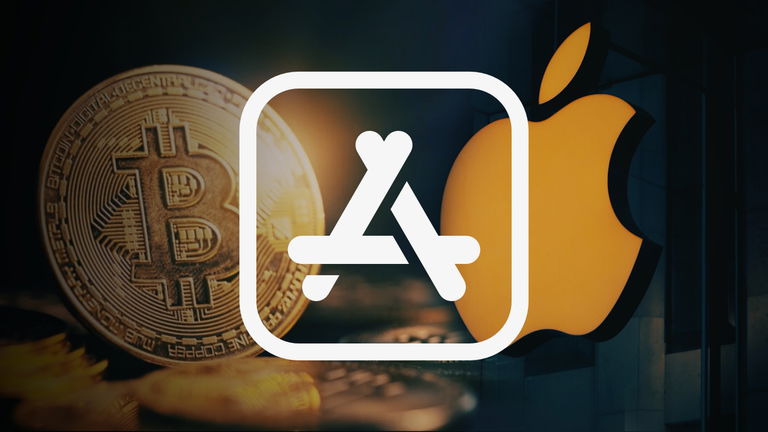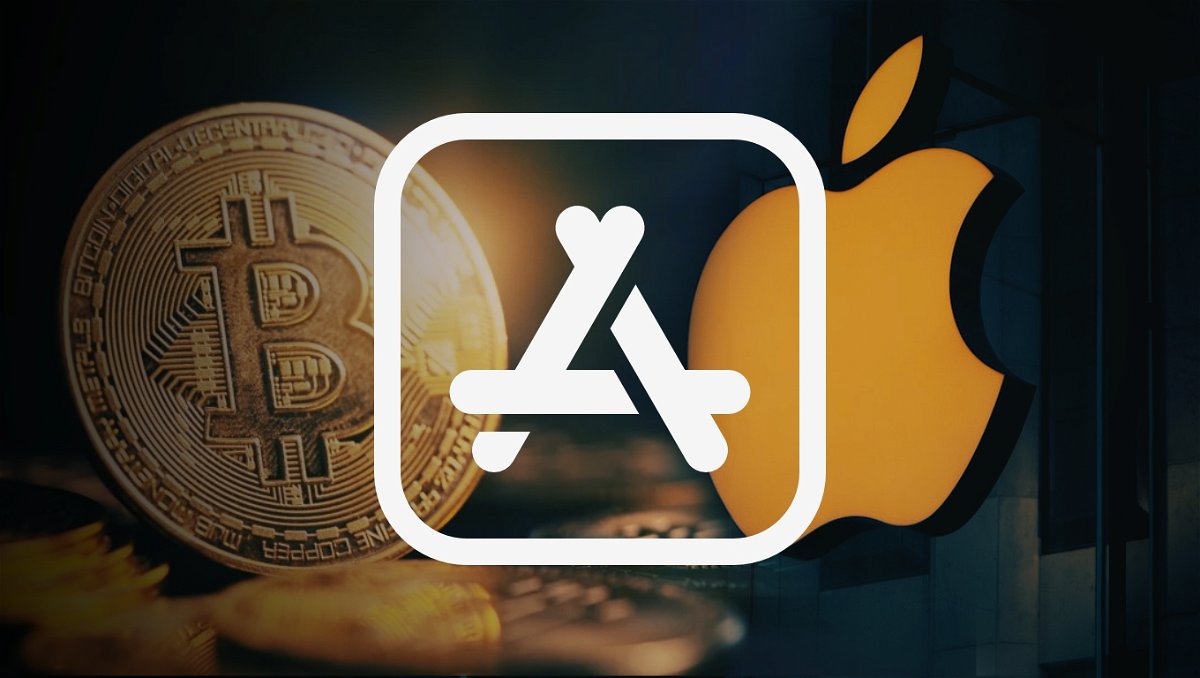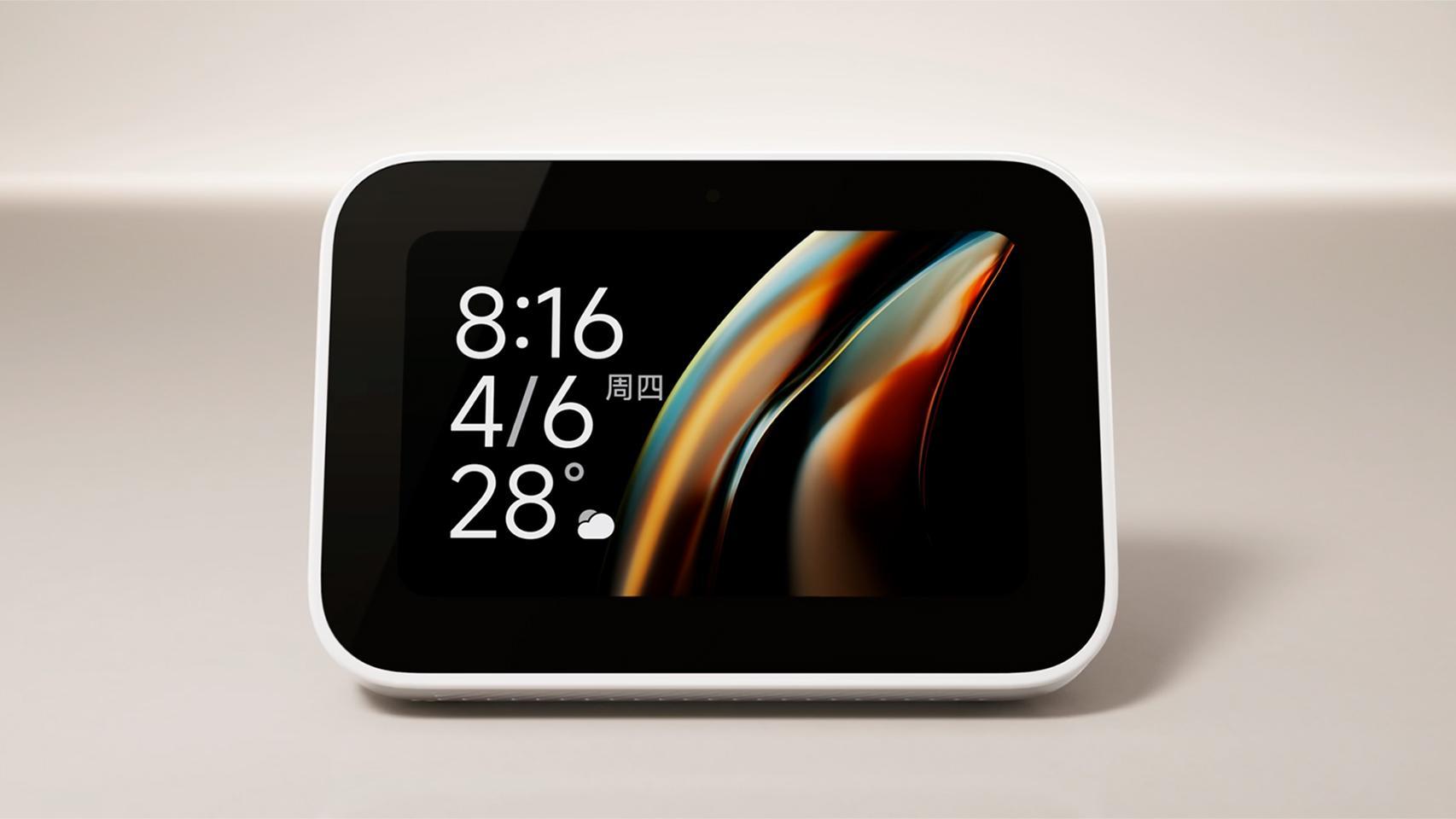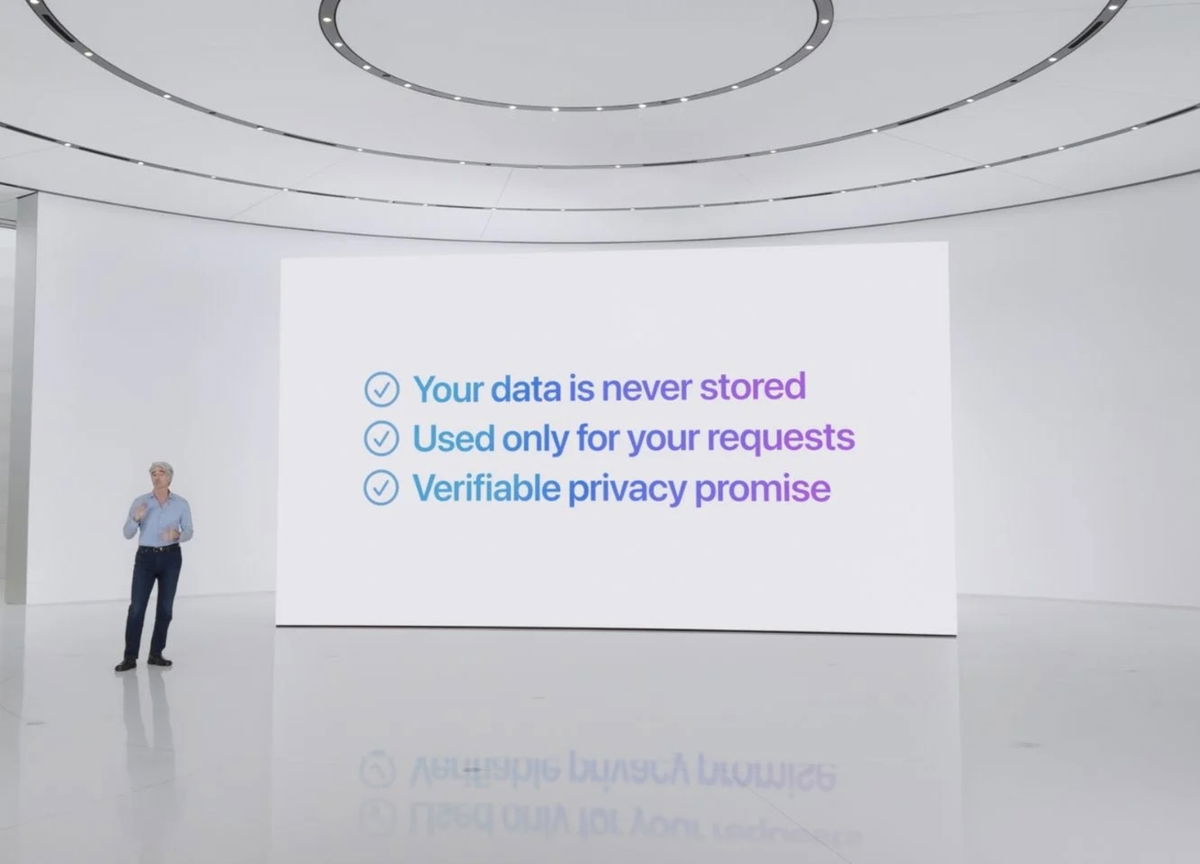The App Store is updating its guidelines for cryptocurrency and NFT apps.

For some time now, cryptocurrencies and NFTs have gained a lot of strength within a community that loves the Digital Economy.
These digital assets are normally operated on PC computers, although they have also arrived under a mobile version to smartphones. In the iPhone in particular, we can find some applications within the App Store that allow you to obtain, manage or have control over them, even applications with information on the price of these cryptocurrencies.
Until now, these apps had some “freedom” in many ways that are now about to change as Apple announced updates to the App Store review guidelines to provide guidance to help developers to know what they can and can’t do with this class of apps.
The updates specifically target in-app purchases, emphasizing that obtained cryptocurrencies or NFTs are not a way to unlock app content. This after the revision of guideline 3.1.1, which says:
“Apps may not use their own mechanisms to unlock content or functionality, such as license keys, augmented reality markers, QR codes, cryptocurrencies and cryptocurrency wallets, etc.”
Now the information is more detailed and clear and precise instructions have been added. The addendum states the following:
“Apps may use in-app purchase to offer and sell non-fungible token (NFT) related services, such as minting, listing, and forwarding. Apps may allow users to display their own NFTs, provided ownership of NFT does not unlock functions or features within the app Apps may allow users to browse NFT collections owned by others, provided the apps do not include buttons, external links or other calls to action that direct users to customers for purchase mechanisms other than in-app purchase.”

In the App Store there are various apps that will help you with your cryptocurrencies and NFT
These apps are not the only ones that have had a new perspective to be able to work on iOS and remain in the App Store, because Spotify has again denounced the accusations against Apple because the company has already rejected the update of its application three times because it does not respect the rules of the App Store.








